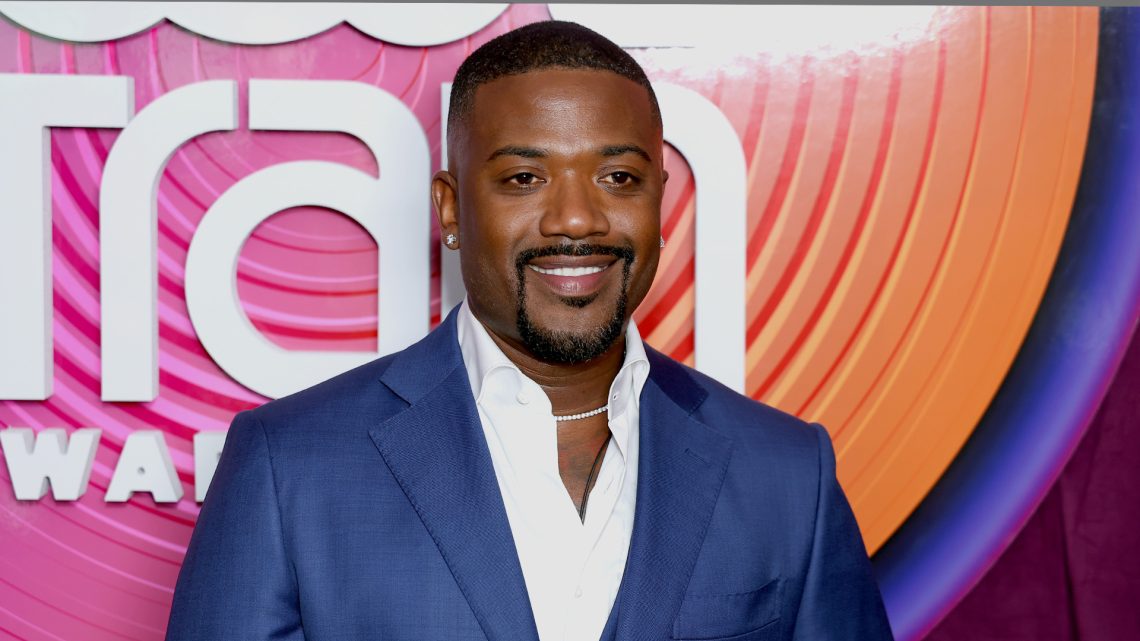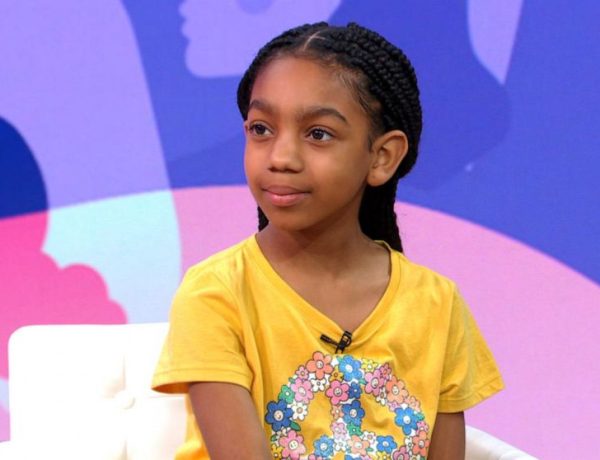Growing up in the limelight of his sister, Brandy, he admits feeling the pressure of managing expectations as he looked to create his own imprint. However, Ray J was always up for the challenge and credits the “I Wanna Be Down” singer for being his safety net.
“When my sister really took off it was kind of hard to follow that up just because of how hard she worked, and just how determined she was to be successful,” Ray J told AFROTECH. “When you try to follow behind that, you start to realize how tough it could be, and expectations could get really tough. A lot of people can’t survive that, but for me, I always told my sister I rather just wait in the line and just come out whenever I’m successful — with me having fun just doing what I’m doing and taking all the risks with maybe the subject matter or just who I was. I just never was scared. And I think she gave me that comfort zone, that safety net to where I could make mistakes if I needed to.”
‘One Wish’
Ray J would ultimately forge his own lane, landing acting gigs on “The Sinbad Show” (1993) and “Moesha” (1999-2001) and in films such as “Mars Attacks!” (1996) and “Steel” (1997).
However, his first passion was always the music. His breakthrough hit “One Wish” would be released as the first single from his third album Raydiation, under his independent record label Knockout Entertainment in 2005. To this day, Ray J reveals it is one of his most profitable assets.
Support From His Family After Becoming An Independent Artist
What’s more, it may not have seen the light of day without the support of his mother and father. Ray J recalls borrowing money from his parents to create “One Wish.”
This was the singer’s chance at his own redemption arc. He had been dropped by Elektra in 1997 and would later sign to Atlantic, although he did not gain the success he was hoping for under the new label when he released “This Ain’t a Game” in (2001), his biography mentions. He was ready to see his career turn around.
Going out on his own and making “One Wish” would prove to be the light at the end of the tunnel for Ray J.
“I had to go independent, like the labels dropped me. I borrowed money from my mom and my dad to start ‘One Wish,’ and I had to pay Lil X a couple $100,000 for the video, and I was treating it like it was a real record label ’cause my mom gave me a loan,” Ray J told AFROTECH. “It worked out in the long run, and that kind of started where I was just like, ‘I either got to do it myself or it won’t be done.’ That gave me all the energy to keep pushing independently, and just run my own show from the jump and invest all the money we have to ourselves to really lead the pack and control the narrative, control the business, control the money, control everything.”
The financial risk taken by his family paid off tenfold as Ray J revealed he was able to earn back the money borrowed through the success of the single.
“They took a risk on me, and they still take risks on me, and I still have these really outlandish dreams and ideas that I’m putting together that sometimes sound a little far fetched in the family, but they believe in me and again they gave me the money to like start something because nobody was messing with me,” Ray J explained.
He added, “I don’t think they gave me the money because they knew that I was gonna do ‘One Wish’ and we will make it all back and go gold. ‘One Wish’ is still going today. It’s like one of the most profitable assets we have, but I just think that even if they lost the money, it was just something that they wanted to give me to let them let me know that they believed in me.”
Learning Lesson
The lessons from his 2005 experience inspired him to seek success by looking inward, rather than depending on major corporations to fulfill his dreams. He applies these principles across other areas of business outside of entertainment.
“‘One Wish’ and ‘Sexy Can I’, these are real independent records. I could pull up my dashboard and show all the analytics,” he said. “When you say you are independent, and a lot of these artists are independent now, but all of their hits still belong to these majors. And I’ve never had that. ‘Wait a Minute’ was the last major song or the only song I did that blew up on a major, and the rest they dropped me and left me for dead. So, it’s on us as artists to take control of our destiny in any column, in any sector of business. Then the big businesses will come in and help support you as they watch you grow and put in the work.”
Bet On Black
While Ray J took a moment to take a blast to the past, he also brought attention to one of his recent endeavors. He is appearing as a guest judge on Season 3 of Revolt’s show “Bet on Black,” created in partnership with Target. It features 13 diverse businesses who are competing for a $200,000 in funding. Pinky Cole, Van Lathan, and Bun B can also be seen as judges on the show.
“There’s just so many talented people out there,” Ray J expressed. “And with these kinds of opportunities, it gives people hope. It gives people energy. It gives people excitement because there’s something else in front of them that they can showcase because they know they have something unique. They know they have something that the world needs.”





